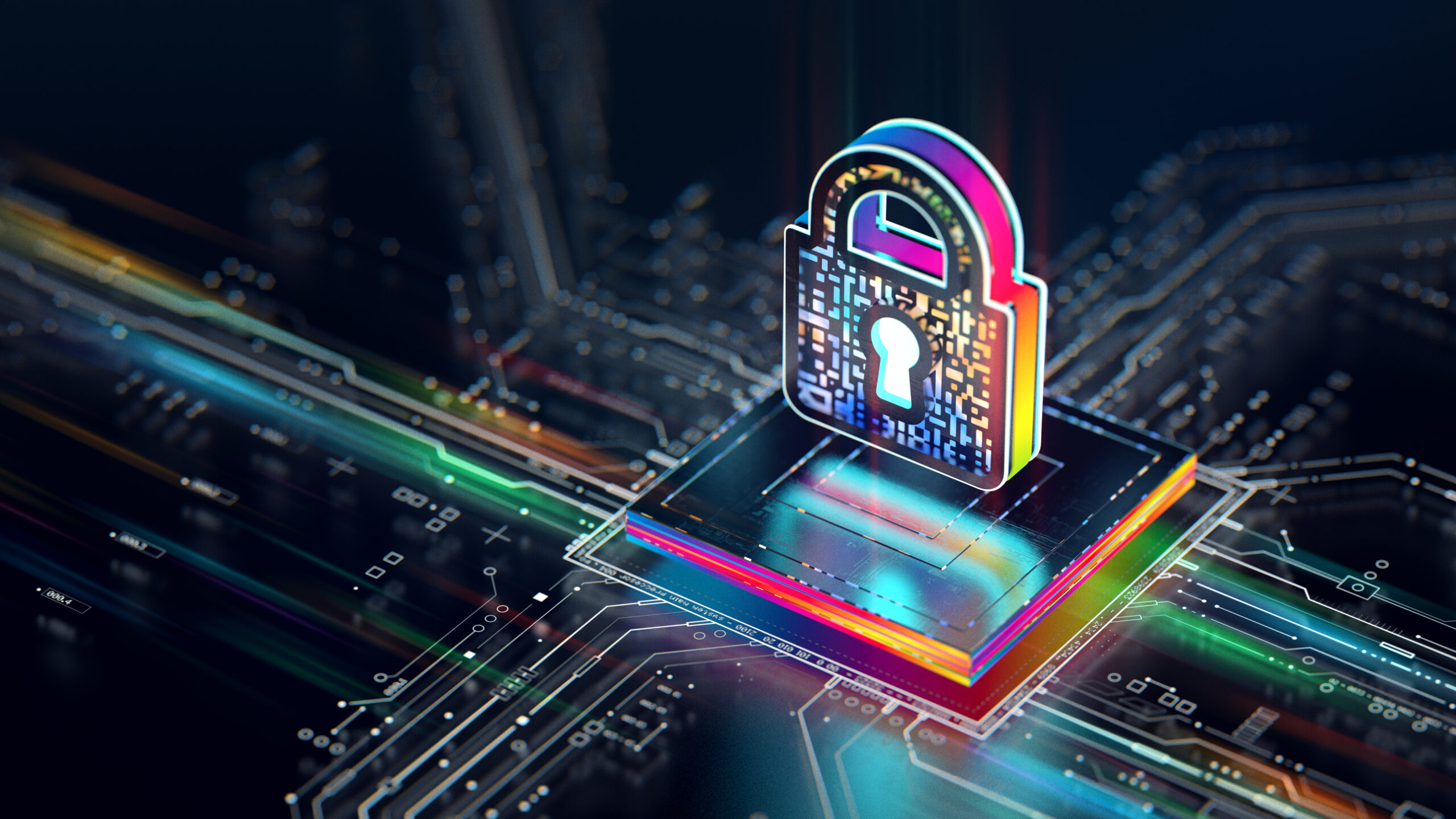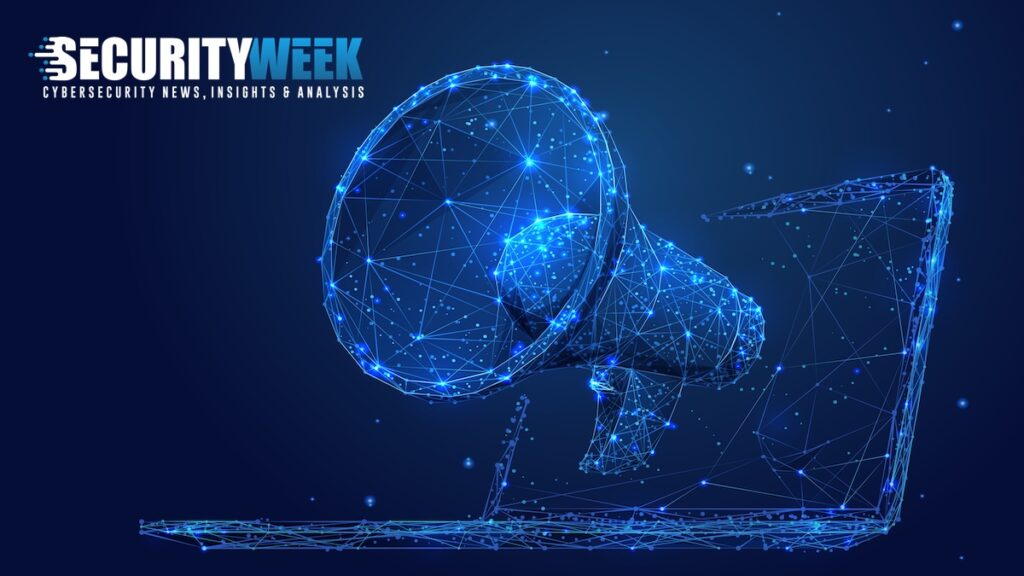Future-Proof Your Company: Secret Cybersecurity Predictions You Required to Know
As organizations confront the increasing rate of electronic transformation, understanding the developing landscape of cybersecurity is important for long-term resilience. Predictions recommend a substantial uptick in AI-driven cyber hazards, along with heightened regulatory analysis and the crucial shift towards Zero Trust Architecture. To efficiently navigate these obstacles, companies need to reassess their security strategies and foster a culture of recognition among employees. The ramifications of these modifications expand past mere compliance; they could redefine the very structure of your operational safety and security. What actions should companies take to not only adapt but prosper in this brand-new environment?
Rise of AI-Driven Cyber Hazards

One of the most concerning advancements is making use of AI in creating deepfakes and phishing schemes that are remarkably convincing. Cybercriminals can make sound and video content, impersonating executives or trusted people, to manipulate sufferers into revealing sensitive information or authorizing fraudulent purchases. Additionally, AI-driven malware can adjust in real-time to avert detection by conventional safety actions.
Organizations must recognize the immediate demand to strengthen their cybersecurity structures to battle these evolving threats. This includes investing in advanced hazard discovery systems, cultivating a society of cybersecurity understanding, and carrying out durable event reaction plans. As the landscape of cyber threats changes, positive steps become necessary for securing sensitive data and maintaining business honesty in a significantly digital world.
Raised Emphasis on Information Privacy
How can companies successfully navigate the growing focus on data personal privacy in today's electronic landscape? As regulative frameworks advance and consumer expectations climb, companies must focus on robust information personal privacy techniques. This entails embracing comprehensive data administration policies that guarantee the honest handling of personal info. Organizations should perform routine audits to evaluate conformity with policies such as GDPR and CCPA, determining possible vulnerabilities that could bring about data violations.
Spending in employee training is essential, as personnel understanding straight influences information defense. In addition, leveraging technology to enhance data protection is important.
Partnership with legal and IT teams is important to line up data privacy initiatives with business purposes. Organizations should additionally involve with stakeholders, consisting of customers, to connect their commitment to data personal privacy transparently. By proactively resolving information personal privacy problems, companies can build trust and enhance their track record, inevitably adding to lasting success in an increasingly scrutinized digital environment.
The Change to No Depend On Style
In reaction to the progressing hazard landscape, companies are increasingly embracing Zero Trust Style (ZTA) as an essential cybersecurity strategy. This strategy is asserted Discover More Here on the principle of "never ever count on, constantly confirm," which mandates continuous confirmation of individual identifications, tools, and information, no matter their area within or outside the network boundary.
Transitioning to ZTA entails applying identity and accessibility administration (IAM) remedies, micro-segmentation, and least-privilege gain access to controls. By granularly controlling accessibility to sources, organizations can minimize the danger of expert threats and lessen the impact of outside violations. ZTA incorporates robust tracking and analytics capacities, permitting organizations to find and respond to anomalies in real-time.

The shift to ZTA is additionally sustained by the raising adoption of cloud services and remote work, which have increased the strike surface area (cyber attacks). Typical perimeter-based security versions are inadequate in this new landscape, making ZTA a more durable and adaptive find more info structure
As cyber dangers continue to expand in refinement, the adoption of Zero Depend on principles will certainly be important for organizations looking for to secure their properties and preserve governing conformity while guaranteeing organization continuity in an uncertain atmosphere.
Regulatory Modifications on the Horizon

Approaching regulations are expected to attend to an array of issues, including information personal privacy, violation notification, and occurrence feedback protocols. The General Data Security Law (GDPR) in Europe has set a precedent, and comparable structures are emerging in various other areas, such as the United States with the proposed federal privacy regulations. These regulations typically enforce rigorous fines for non-compliance, emphasizing the need for organizations to prioritize their cybersecurity steps.
Additionally, sectors such as money, medical care, and critical infrastructure are likely to face more strict demands, showing the sensitive nature of the data they deal with. Compliance will not merely be a legal obligation yet a crucial component of building trust with customers and stakeholders. Organizations must remain in advance of these adjustments, incorporating regulative demands into their cybersecurity techniques to ensure resilience and you could try this out shield their properties properly.
Relevance of Cybersecurity Training
Why is cybersecurity training a crucial element of a company's defense approach? In an age where cyber hazards are increasingly advanced, companies need to recognize that their staff members are usually the first line of protection. Effective cybersecurity training furnishes personnel with the knowledge to recognize possible dangers, such as phishing assaults, malware, and social engineering methods.
By fostering a culture of protection recognition, organizations can significantly decrease the threat of human error, which is a leading reason for information breaches. Routine training sessions make sure that staff members stay notified about the most recent hazards and best methods, therefore enhancing their ability to react properly to incidents.
Additionally, cybersecurity training advertises compliance with regulatory demands, decreasing the danger of lawful effects and punitive damages. It additionally encourages workers to take possession of their function in the company's security framework, resulting in a positive instead of responsive technique to cybersecurity.
Verdict
In conclusion, the developing landscape of cybersecurity needs aggressive measures to address emerging threats. The surge of AI-driven strikes, combined with heightened information privacy concerns and the change to No Trust Design, necessitates a comprehensive strategy to safety.